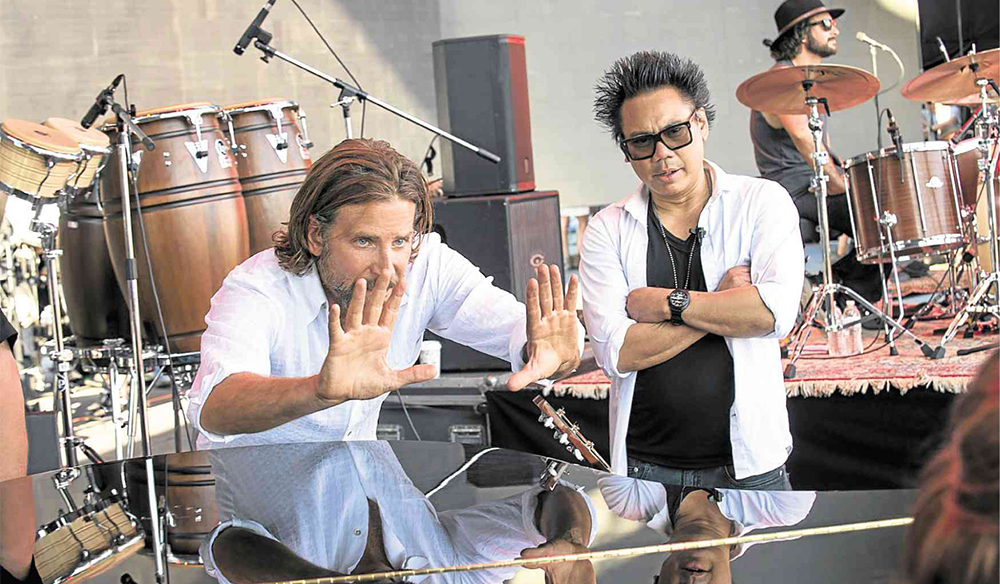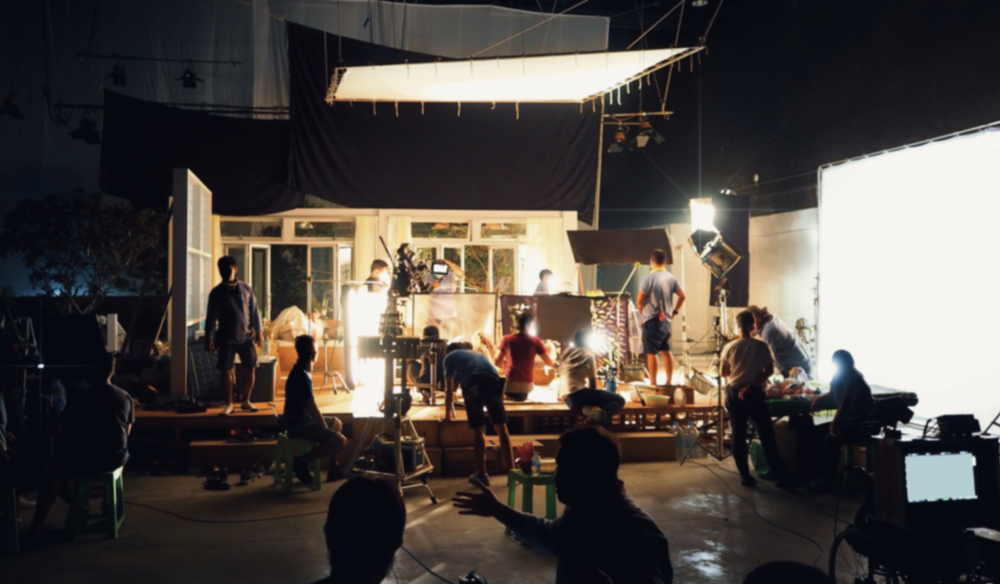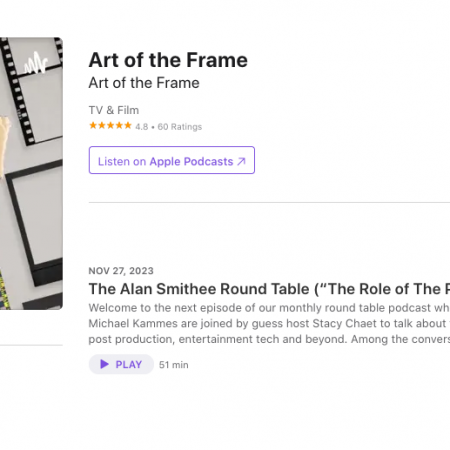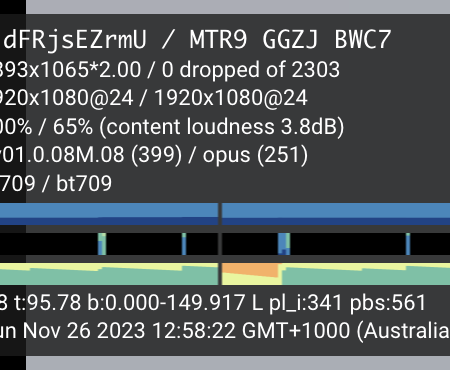Why Do Video Game Adaptations Fail to Deliver?
When it comes to adaptations, Hollywood seems to favor novels and comic books over video games. But why is that? After all, video games have cinematic storytelling that should translate well into movies, right? Unfortunately, that’s not always the case. The problem seems to come down to delivery.
Take a look at the adaptations released in 2019. You’ll see plenty of movies based on books and comics, but only a handful based on video games. And even those adaptations, like Detective Pikachu and Angry Birds 2, don’t always live up to the hype. So why is it so hard to make a good video game movie?
One reason could be that video games are an active medium, while movies are passive. In a game, the player controls the story and the pace, creating a deeper connection to the narrative. In a movie, the filmmaker tells the story, and the audience can only watch. This lack of control can make it difficult for video game adaptations to capture the same intensity and excitement as the original game.
Another issue is that the little moments that make a game great can be lost in translation. In a game, a seemingly boring moment can turn into an exciting challenge, but in a movie, it might just be boring. And while a director might cut a favorite scene from a movie to make it tighter, that same scene could be the highlight of a game.
So, while video games have the potential to make great movies, it seems that the delivery just isn’t there yet. But with technology and storytelling constantly evolving, who knows what the future holds for video game adaptations?
The world of gaming is full of unforgettable moments that make you feel like a god. But can these moments be translated into film? It’s hard to imagine paying $15 to watch Tom Cruise ride a motorbike for five minutes. The beauty of gaming is that the player becomes the filmmaker, creating their own unforgettable moments. These small moments are often missable, making them even more enchanting when you stumble upon them. You’re not just watching a character go through something, you’re living it. These moments are what make a game unforgettable, but they seem impossible to adapt to film.
When it comes to video game adaptations, there seems to be a lack of interest from outside the gaming community. While comic book films continue to dominate the box office, video game adaptations struggle to make an impact. Even with millions of copies sold, video game films can’t seem to reel in the general public. It’s easy to see why – while Batman can be loved through various mediums, video game characters are only tied to their native medium. It’s hard to get excited about a film based on a game you’ve never played.
Filmmakers often try to change the core element of the video game, resulting in extreme reactions from the gaming community. The proposed Uncharted film, for example, had little resemblance to the multi-million dollar franchise it promised to adapt. The Assassin’s Creed franchise is known for its historical accuracy, but the film adaptation failed to capture the essence of the game. It’s hard to take a 7-9 hour game and make it into a 90-minute movie, but surely a five-time Academy Award nominee can figure it out.The world of video game adaptations is a treacherous one. Studios often take beloved franchises and strip away their most prominent selling points, leaving fans disappointed and confused. Take Assassin’s Creed, for example. The game’s storyline is split between a historical setting and a present-day one, with players spending the majority of their time in the past. But the film adaptation flipped this ratio, spending 65 percent of its runtime in the present day and only 35 percent in the past. It’s no wonder the film was a flop.
But why do video game adaptations struggle so much? One reason is the sheer length of many games. As summer blockbusters get longer and longer, games can be too short, with developers pushing for a stronger online multiplayer experience to increase playtime and monetization. This often means that the single-player storyline is an afterthought, rather than the central focus.
However, when a game does invest in rich storytelling and character development, it becomes a classic. The problem is, how do you condense a 43-hour game like Mass Effect into a single film? The answer is, you probably can’t.
Take Warcraft, for example. Despite being faithful to the game’s lore and design, the film was criticized for cramming too much into its two-hour runtime, resulting in little character development and a lack of emotional depth.
Ultimately, the issue with video game adaptations is that games provide hours of content that can’t be condensed into a standard cinema release. And with pre-rendered cut-scenes rivaling the biggest CGI sequences in films, it begs the question: do we even need adaptations?
As gamers, we’re invested in these worlds and characters, and we want to see them on the big screen. But perhaps the best version of the story is already in our hands. After all, a film can’t replicate the feeling of stumbling upon a hidden moment in a game, like the one in BioShock Infinite where Booker and Elizabeth play music in a basement and a young boy crawls out to listen. These moments are what make games special, and they can’t be replicated in a film.
So, while we may continue to hope for successful video game adaptations, perhaps it’s time to accept that the best way to experience these stories is through the games themselves.







